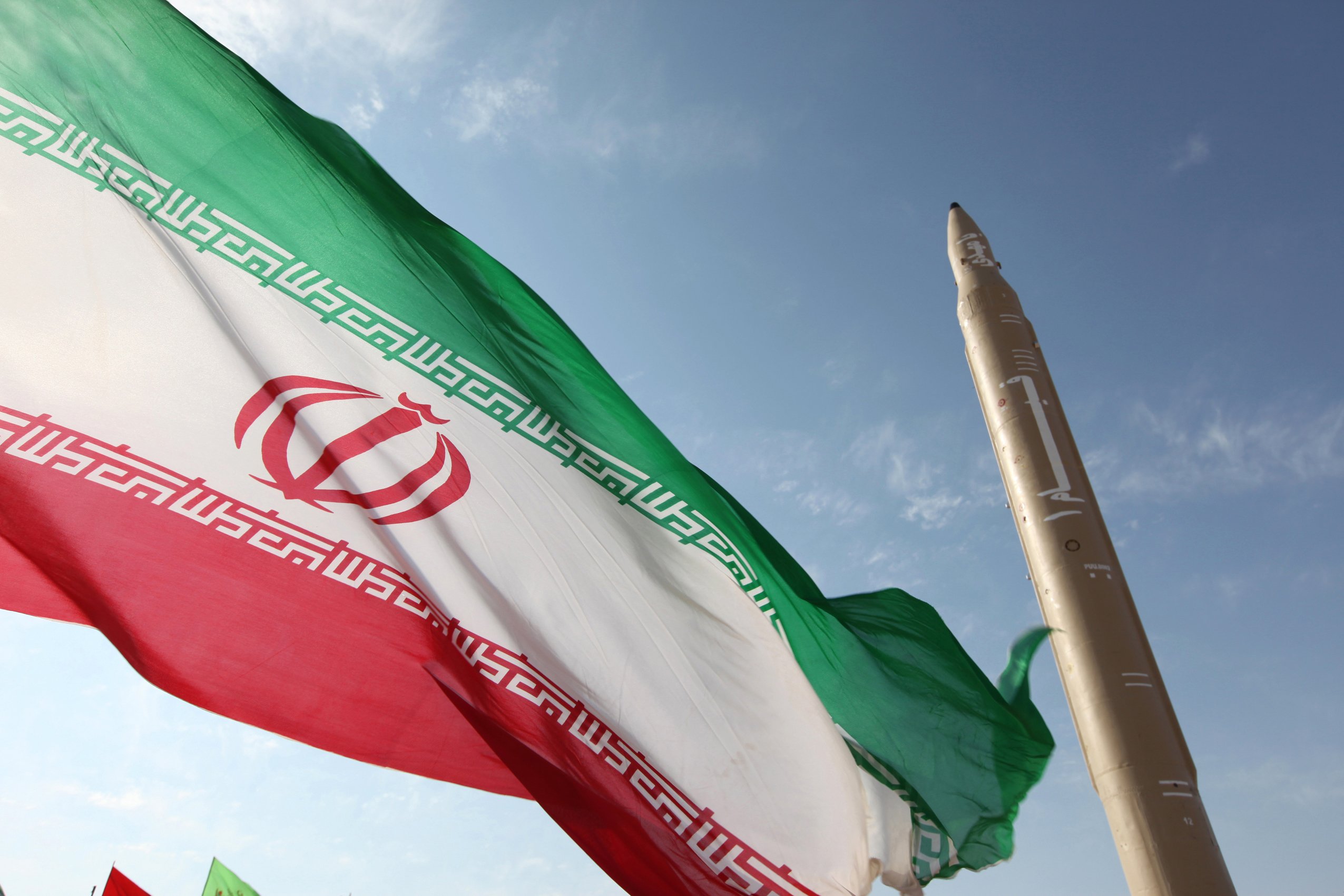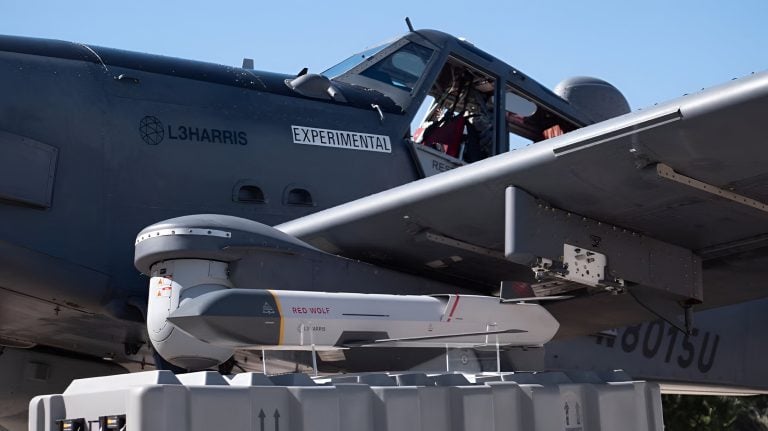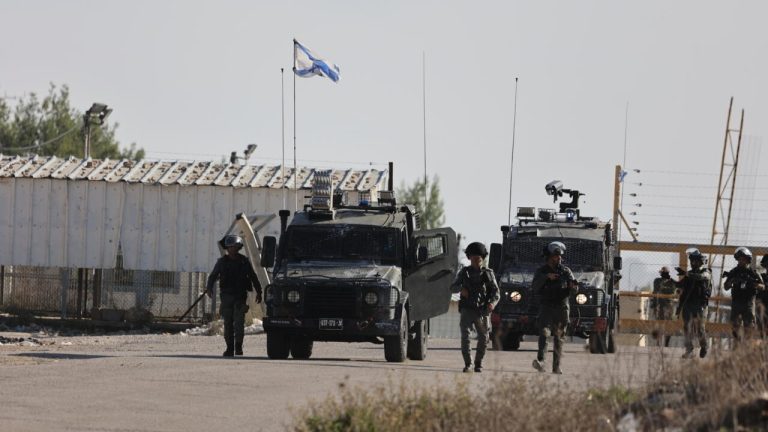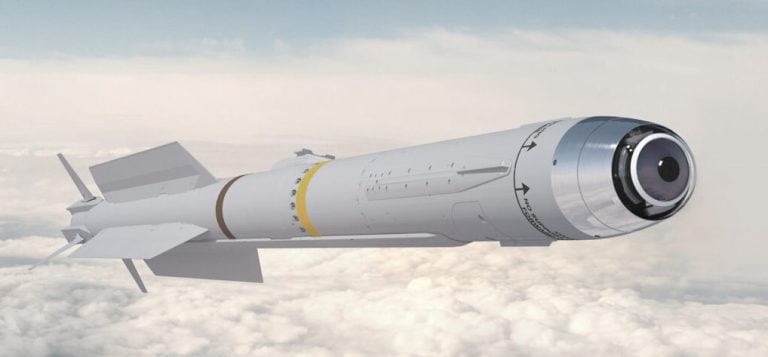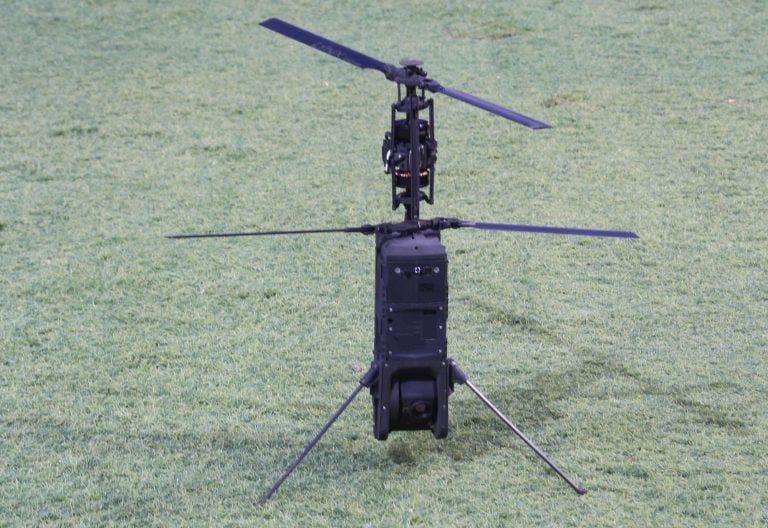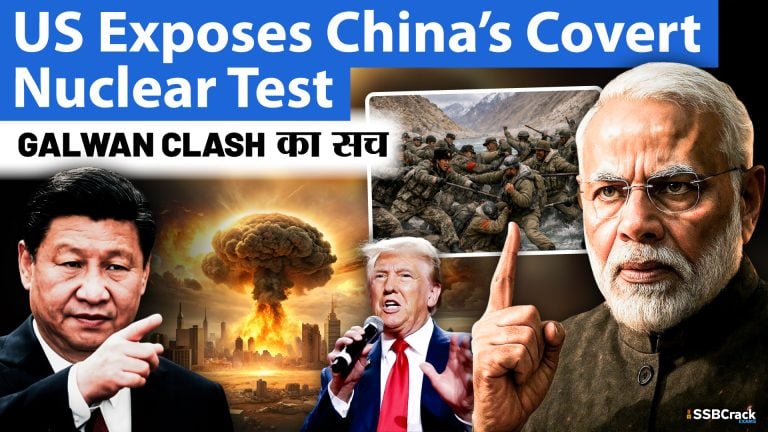The US defense secretary emphasized the United States’ commitment to finding a diplomatic resolution aimed at preventing Iran from advancing its nuclear weapons program, while simultaneously indicating that military options remain on the table should negotiations falter. During an appearance on CBS’s “Face the Nation,” Secretary of Defense Pete Hegseth characterized the initial indirect discussions that began in Oman as “productive” and regarded them as a promising starting point for addressing Western anxieties regarding Iran’s nuclear ambitions.
Hegseth articulated the administration’s stance, expressing hope that a military confrontation could be avoided. He stressed that while military readiness exists to respond decisively if necessary, the preference is clearly for a peaceful resolution. “We’ve shown a capability to go far, to go deep and to go big,” he stated, reinforcing the United States’ military prowess should diplomatic efforts not yield the desired outcomes.
President Donald Trump has also underscored a strong stance, asserting that military action alongside Israel would certainly be a consideration if talks in Oman do not lead to satisfactory results. Earlier this week, Trump described the likelihood of military intervention as “absolutely” possible and emphasized that Israel would take a leading role in any military operations, should they become necessary. This statement follows his earlier warning that failure to reach a deal could lead to significant military strikes.
The background of these tensions stems from the decision made in 2018 by Trump to withdraw from the multilateral nuclear agreement, a move that reintroduced sanctions on Iran and significantly heightened hostilities. Compounding the situation, analysts are cautioning that Iran may be on the brink of achieving the capability to produce a deliverable nuclear weapon — a claim that Tehran firmly denies.
As diplomatic channels continue to unfold in Oman, the international community remains watchful, understanding that the stakes are high and the outcomes critical in maintaining regional and global security.
